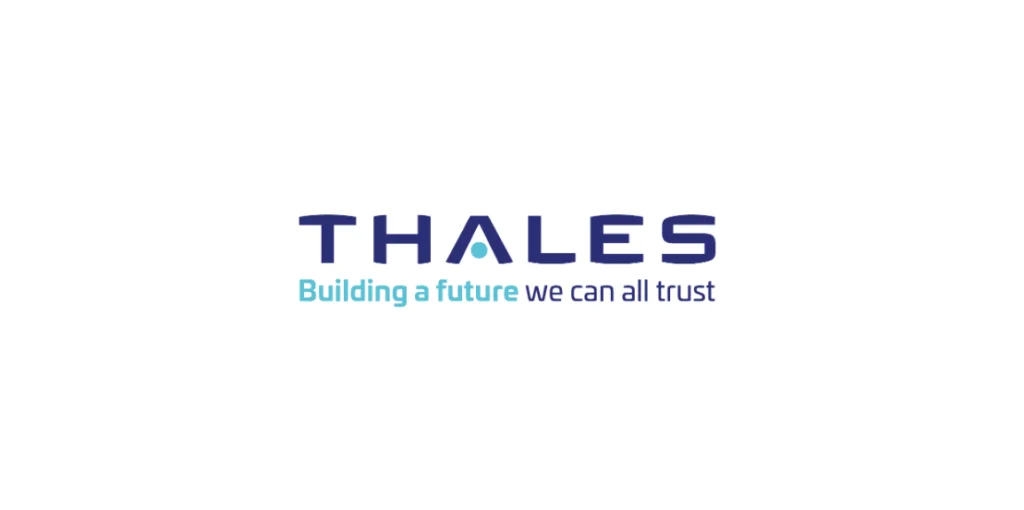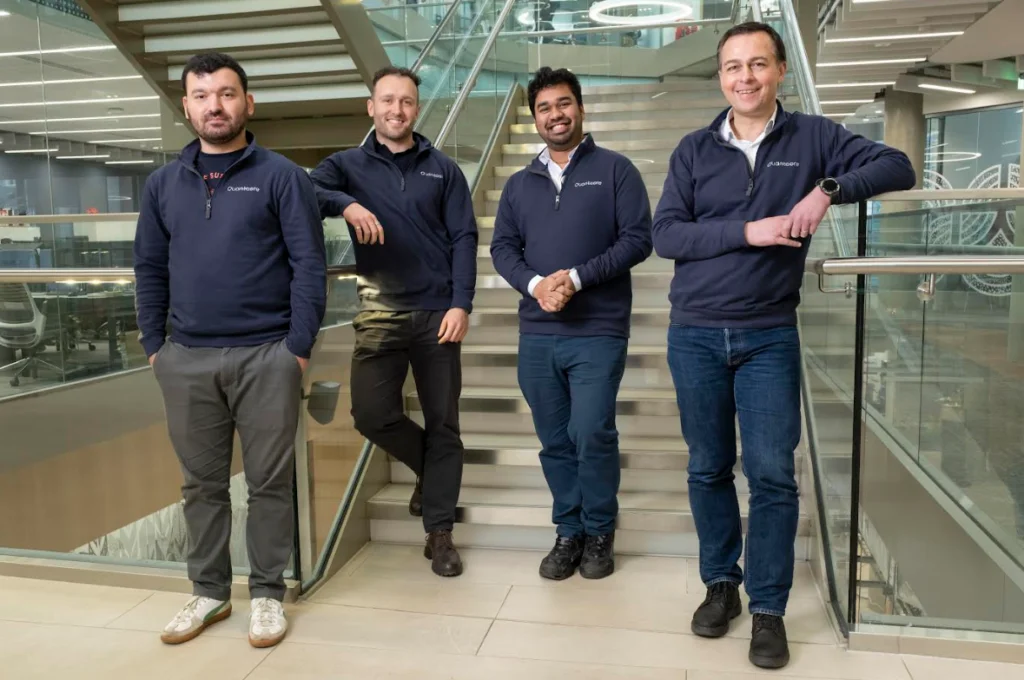Insider Brief
- Citi Innovation Labs, Classiq and AWS partnered to explore the use of quantum algorithms for complex financial problems.
- Specifically, the teams examined portfolio optimization.
- Portfolio optimization involves finding the optimal asset mix to maximize returns for a given risk level.
Citi Innovation Labs has partnered with the quantum software company Classiq to explore portfolio optimization solutions, according to a blog post on the AWS website. Using Amazon Braket, the collaboration marks a significant step in applying quantum algorithms to complex financial problems.
Portfolio optimization, a critical aspect of financial planning, involves finding the optimal asset mix to maximize returns for a given risk level. However, the current stage of quantum computing, known as the Noisy Intermediate-Scale Quantum (NISQ) era, presents challenges due to noise and limited qubit availability. Despite these hurdles, the Quantum Approximate Optimization Algorithm (QAOA) is identified as a promising approach for achieving computational speedup over classical methods.
The project focused on employing QAOA for portfolio optimization, with a keen interest in how algorithmic adjustments could enhance performance. The collaboration between Citi’s expertise in finance and Classiq’s quantum software development platform aimed to bridge the gap between quantum computing and financial applications, according to the post.

The Classiq platform facilitates the creation of quantum algorithms by providing a higher level of abstraction, enabling users to design and execute quantum solutions without delving into the complexities of quantum mechanics. Through Amazon Braket, access to quantum processors and simulators is streamlined, offering a practical environment for quantum experimentation.
The exploration into portfolio optimization involved analyzing historical stock data, including companies like Apple, Walmart, and Tesla, to construct optimized portfolios based on expected returns and risk. Using Classiq’s software, the team modeled the QAOA algorithm to address the optimization problem, incorporating constraints such as budget limitations and risk appetite.
The post suggests that quantum computing could be used to improve decision-making in financial portfolio management. Although quantum algorithms are still in the experimental stage, the ability to fine-tune parameters like the algorithm’s penalty factor could lead to significant advancements in handling complex financial challenges.
This collaboration exemplifies the growing interest and investment in quantum computing as a tool for solving real-world problems. As quantum technology continues to evolve, partnerships like the one between Citi, Classiq, and Amazon Braket are crucial for unlocking its potential in industries like finance.
For those interested in the intersection of quantum computing and finance, the project offers a glimpse into the future of portfolio optimization. With ongoing research and development, quantum computing may soon provide a competitive edge in financial markets, offering novel solutions to longstanding challenges.
The success of this project underscores the importance of collaboration across industries and disciplines in advancing quantum computing applications. As the technology matures, the partnership between Citi, Classiq, and Amazon Braket will continue to explore its potential to revolutionize financial services.
If you found this article to be informative, you can explore more current quantum news here, exclusives, interviews, and podcasts.















